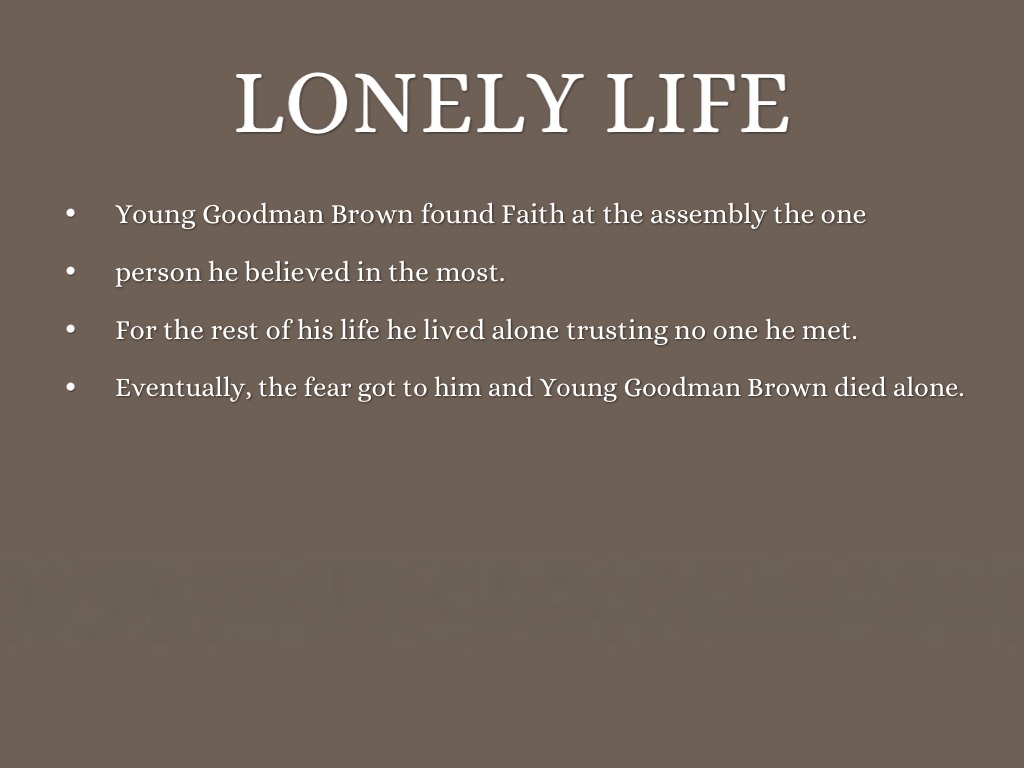In today's interconnected world, where social media reigns supreme, the term "dry begging" has surfaced as a curious phenomenon. It refers to the act of subtly asking for help or financial support without directly stating the request. Many individuals engage in dry begging as a way to garner sympathy or support from their social circles, often posting vague messages about their struggles or hardships. This behavior raises questions about the ethics of seeking assistance in such a roundabout manner and the implications it has for both the beggar and the audience.
As platforms like Facebook, Instagram, and Twitter provide users with the ability to share their lives with a wide audience, the lines between genuine need and attention-seeking behavior have blurred. Dry begging can be seen as a cry for help, but it can also come off as manipulative or disingenuous. People who engage in this practice may be seeking emotional support or financial aid, but the indirect nature of their requests can lead to misunderstanding and confusion among their followers.
The impact of dry begging goes beyond individual relationships; it challenges our societal norms surrounding charity, empathy, and the way we communicate our needs. As we explore this topic, we will delve into the psychology behind dry begging, its effects on relationships, and how society responds to these subtle pleas for help.
What is Dry Begging?
Dry begging is essentially a form of indirect solicitation. It is not the same as straightforward begging; instead, it relies on hints and vague references to one's needs or struggles. For example, a person may post something like, "It's been a tough month, and I'm just trying to make ends meet," without directly asking for help. This method often elicits sympathy from friends and followers, leading to offers of support without a formal request.
Why Do People Engage in Dry Begging?
There are several reasons why individuals resort to dry begging:
- Fear of Rejection: Directly asking for help can be daunting. Dry begging allows individuals to express their struggles without the fear of outright rejection.
- Desire for Empathy: Many people seek emotional support and validation from their peers, which can be achieved through vague statements about their hardships.
- Social Media Dynamics: In the age of social media, people often curate their lives to appear perfect. Dry begging can be a way to maintain that façade while still seeking assistance.
What Are the Consequences of Dry Begging?
While dry begging may seem harmless, it can have several consequences:
- Miscommunication: Friends and followers may misinterpret the intent behind dry begging, leading to misunderstandings.
- Emotional Strain: The person engaging in dry begging may feel even more isolated if their subtle hints go unnoticed.
- Trust Issues: If people feel manipulated or deceived, they may hesitate to offer genuine support in the future.
Is Dry Begging Ethical?
The ethical implications of dry begging are complex. On one hand, it can be seen as a way for individuals to express their vulnerabilities without directly asking for help. On the other hand, it raises questions about authenticity and manipulation. People who engage in dry begging must navigate these ethical dilemmas and consider how their actions may affect their relationships and the perceptions of others.
How Can You Recognize Dry Begging?
Recognizing dry begging can be tricky, but there are a few signs to look out for:
- Vague Language: Posts that hint at struggles without providing specific details.
- Emotional Tone: Messages that evoke sympathy or pity without a clear request.
- Indirect Requests: Statements that suggest a need for help without explicitly asking for it.
What Should You Do If You Encounter Dry Begging?
If you come across a post that appears to be dry begging, consider the following steps:
- Reach Out Privately: If you feel comfortable, send a private message to offer support or ask for clarification.
- Be Compassionate: Approach the situation with empathy, acknowledging that the person may be struggling.
- Encourage Open Communication: Suggest that they share their needs more directly, as this can lead to more effective support.
What Are Some Alternatives to Dry Begging?
Instead of resorting to dry begging, there are healthier alternatives for seeking support:
- Direct Communication: Clearly express your needs to friends or family.
- Join Support Groups: Connecting with people who understand your situation can provide both emotional and practical support.
- Utilize Crowdfunding: Platforms like GoFundMe allow individuals to share their story and request financial assistance directly.
How Does Dry Begging Affect Relationships?
Engaging in dry begging can have a profound impact on relationships. While some friends may respond positively, others may feel frustrated or manipulated. This can lead to a breakdown in trust and communication. Establishing healthy boundaries and open lines of communication is essential in maintaining strong relationships, especially when navigating sensitive topics like financial or emotional support.
Conclusion: The Future of Dry Begging
As social media continues to evolve, so too does the phenomenon of dry begging. Understanding the motivations behind this behavior and its implications can help individuals navigate their own needs and the needs of others more effectively. By fostering open communication and genuine connections, we can create a supportive environment that encourages honesty and vulnerability, ultimately reducing the need for dry begging in our digital age.
Unveiling The Life Of Ha Seok-jin's Wife: A Journey Into Their Love Story
Unveiling The Life Of Oliver Bierhoff's Ehefrau
Sheri Moon Zombie: The Enigmatic Journey Of A Horror Icon And Her Children


